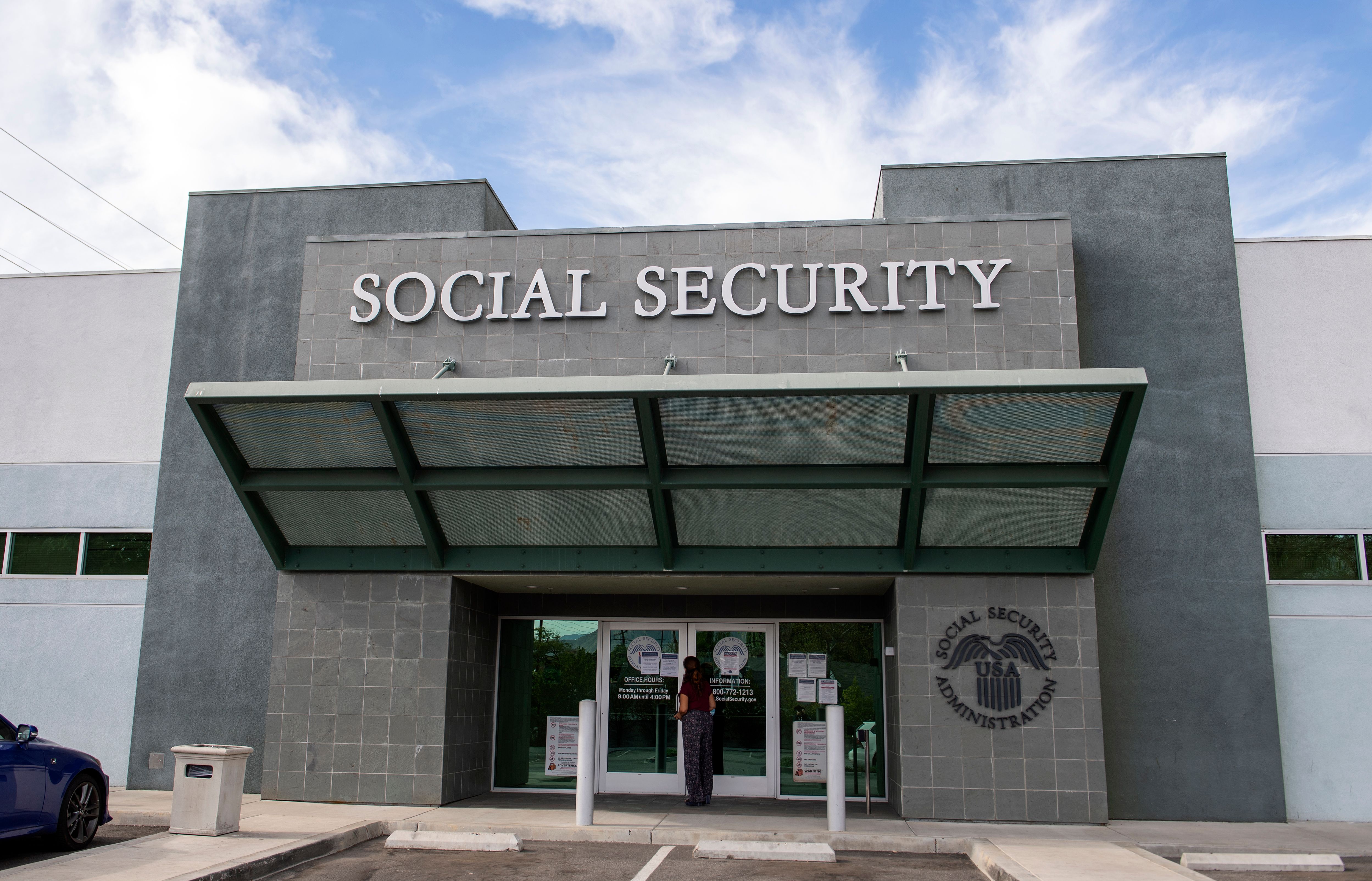A jump in Social Security benefits
And more of the week's best financial insight

A free daily email with the biggest news stories of the day – and the best features from TheWeek.com
You are now subscribed
Your newsletter sign-up was successful
Here are three of the week's top pieces of financial insight, gathered from around the web:
A jump in Social Security benefits
Next year's Social Security benefits are expected to jump by the largest amount since 2012, said David Payne at Kiplinger. According to our calculation, the cost-of-living adjustment (COLA) should be 3 percent in January 2022, "up from the increase of 1.3 percent seen this year." COLAs are calculated using an index that's similar to the one used to calculate inflation. Last year's COLA increase was the smallest since 2017. But the inflation outlook for 2021 is much different. Already, "gasoline prices have risen 23 percent since the beginning of the year, and medical-care costs are making up for lost time as well." Also, the passage of the recent stimulus package should "spur additional consumer spending."
The Week
Escape your echo chamber. Get the facts behind the news, plus analysis from multiple perspectives.

Sign up for The Week's Free Newsletters
From our morning news briefing to a weekly Good News Newsletter, get the best of The Week delivered directly to your inbox.
From our morning news briefing to a weekly Good News Newsletter, get the best of The Week delivered directly to your inbox.
Homeowners turn to cash-out refis
"Americans extracted more cash from their homes through cash-out refinancings in 2020 than in any year since the financial crisis," said Orla McCaffrey at The Wall Street Journal. A cash-out refi allows borrowers to exchange their existing mortgage for a new one with a higher balance than the amount still owed on the property, leaving "cash left over" after paying off the old mortgage. The average cash-out refi last year was $50,000, which was down from $59,000 the year before. Banks may be cautious after such maneuvers "got a bad rap" in the lead-up to the 2008 housing crisis, when "borrowers tapped their homes as if they were ATMs." That left them "owing more than their homes were worth" when prices crashed.
For some men, degrees but no jobs
"The relationship between men and advanced education seems to be fraying," said Justin Fox at Bloomberg Businessweek. It's often been said that "the more education you have, the more likely you are to have a job." However, in last month's U.S. labor report, "74.6 percent of men 25 and older with only a bachelor's degree were employed" compared to 72.7 percent of men with advanced degrees. "This seeming inversion" has been present in labor data "for all but five months over the past five years." The reasons for this are not clear. Men with advanced degrees earn a median of $136,000 a year, far more than the $71,000 earnings of men with a bachelors' degree. So it is possible that "highly credentialed male labor force dropouts have just gotten rich and retired early." But the same pattern does not exist for well-educated women.
A free daily email with the biggest news stories of the day – and the best features from TheWeek.com
This article was first published in the latest issue of The Week magazine. If you want to read more like it, you can try six risk-free issues of the magazine here.